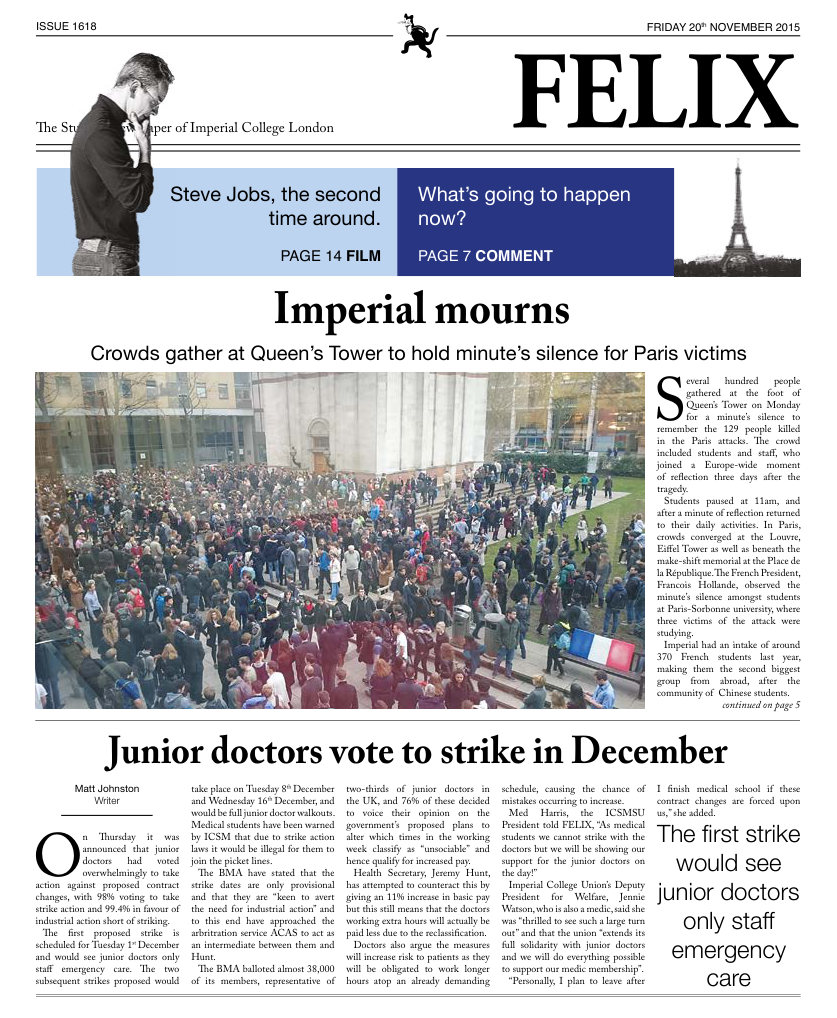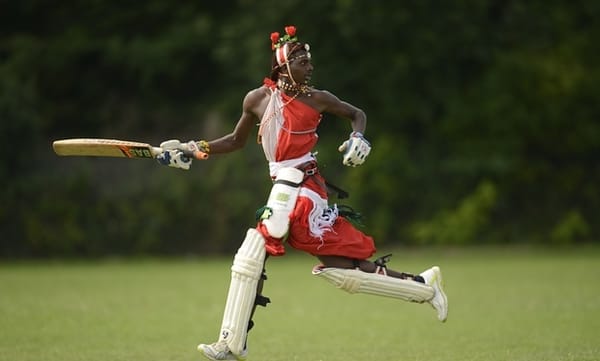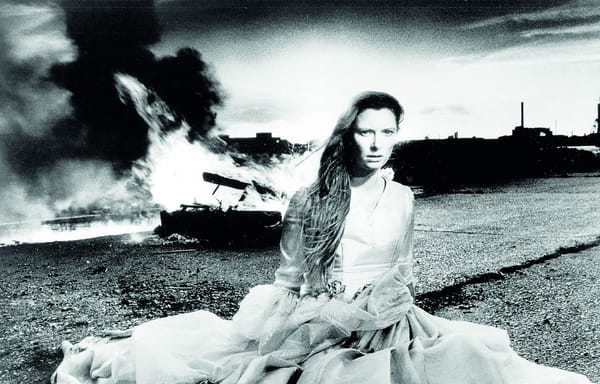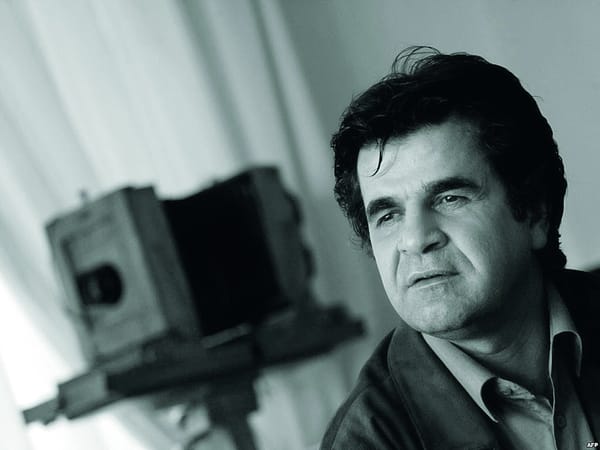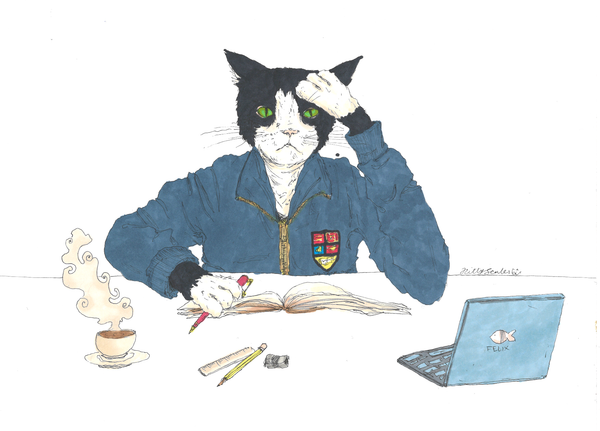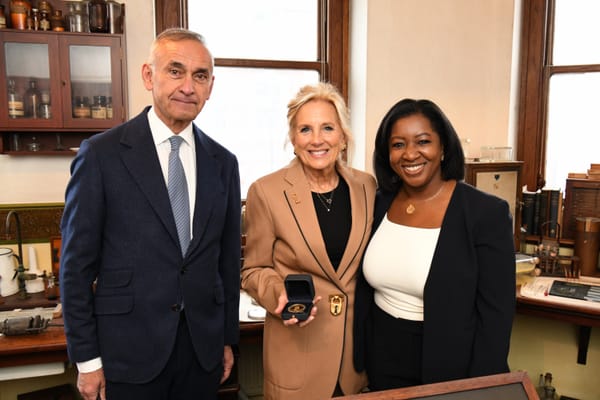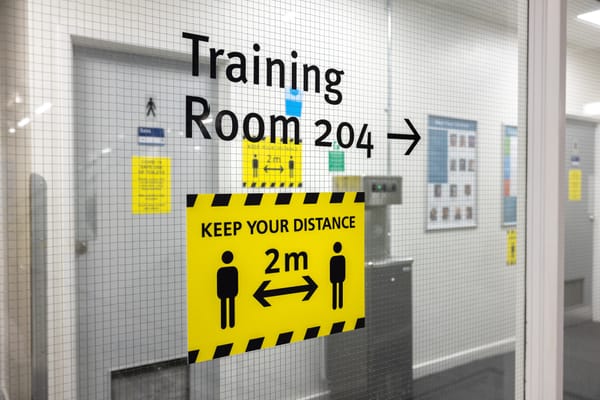Danny Boyle does the Job
With a quickfire script and powerful acting, this is the biopic we’ve been waiting for
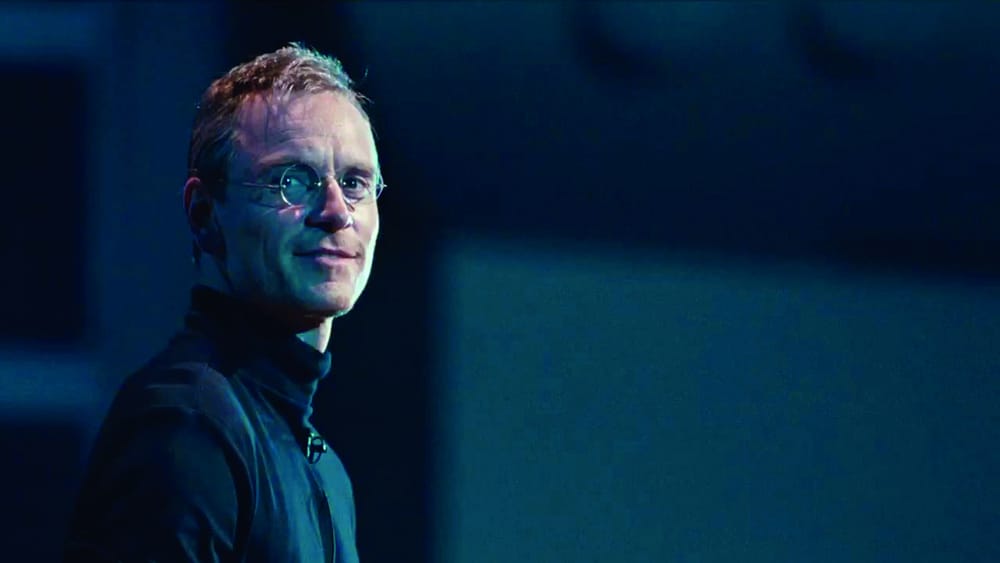
It was a bit of a shock when Ashton Kutcher was picked to star as the Apple-founding billionaire in 2013’s biopic Jobs; he’s not the most likely actor I would have picked for a historical breaking of typecasting, but a role as one of the most iconic and influential men of the modern technological revolution being given to that guy from Dude, Where’s My Car? was a casting decision reaching Robin Williams in Good Will Hunting levels of unexpectedness. Far from the glimmering success of Williams’ atypically heartbreaking performance, Kutcher’s turn in Jobs appears to have become a bedtime horror story that agents tell their actors before they go to sleep: ‘If you ever break type, the spirit of Ashton Kutcher’s Steve Jobs will possess you and you will never be respected again.’ Shudder. The film itself was apparently so bad that it had to be remade within two years of its release, and so here we are with Steve Jobs. What’s gratifying is that it’s been done very, very well this time.
Steve Jobs may be one of the best screenplays Danny Boyle has ever worked with
Deftly executing a rounded story with narrative action that unfolds over the course of only three days in Jobs’ life, each of them launches for his latest innovation, Steve Jobs at once feels relaxed and fast-paced, and always engaging. It’s a feat that does not necessarily require, but is greatly helped by, a script written by Aaron Sorkin (writer of The Social Network and Moneyball). It’s been a while since I’ve seen a film performed in the not-widely-spoken dialect of Sorkinese, and as soon as the film’s first conversation began to play out, I felt old, dusty corners of my brain fire up in ways they haven’t done in years. The dialogue is a concoction of his trademark razor-sharp witticisms and arguments that consist of extended monologues as intricate as they are brutal; though you may feel as you hear it that this is definitely not how real people talk regardless of their intelligence, it’s so thrilling just to listen to that its surreal nature can immediately be forgiven.
It may in fact be one of the best screenplays director Danny Boyle has worked with in his career, and he certainly rises to the occasion – while it might be impossible to make a bad film out of a Sorkin script, Boyle has gone a way towards making a great one. Not only is the film excellently shot throughout, but his taste for subtle tweaks of style that truly make a film its own come through in force in Steve Jobs: swells of music are never overstated, but perfectly placed; flashbacks to early days under a mellow, grainy filter are excellently intercut with present-day scenes in crystal clear quality; and costume design is absolutely spot-on, to the point where the audience does not see Seth Rogen, Michael Stuhlbarg and Michael Fassbender onscreen, but Steve Wozniak, Andy Hertzfeld and Jobs himself, aging in real time.
The main reason that these characters come so vividly to life is not, however, the accuracy of their appearances, but that the performances in the film are universally excellent. Seth Rogen’s geeky persona is given a new edge and ends up forming a perfectly believable Woz, Jeff Daniels’ experience with Sorkin dialogue on TV seires The Newsroom pays off well in his turn as ex-Apple CEO Pete Sculley, and Kate Winslet’s portrayal of Joanna Hoffman, Jobs’ ‘working wife’ and lifelong confidant, is one of perfectly understated control, with just enough fire to keep him in check. But this was always going to be the Fassbender show, and what a show it is; you care deeply for Fassbender’s Jobs, even when he’s shouting at innocent writers of code or arguing with his long-neglected daughter; you feel his pain when he faces failure and his ravenous hunger for success.
In its examination of a flawed great man of the modern age, Steve Jobs bears significant resemblance to the David Fincher-directed The Social Network – a difficult film to hold a candle to, even by Sorkin and Boyle’s standards. But although it may not quite have as much instant-classic flair as The Social Network did, its stellar script, dazzling direction and fantastic performances make it a brilliantly engaging film of the kind that doesn’t come along too often, and is very hard to ignore. In fact, this is one of the most justifiable ‘remakes’ of perhaps the entire 21st century – and it only took two years for it to come about.

